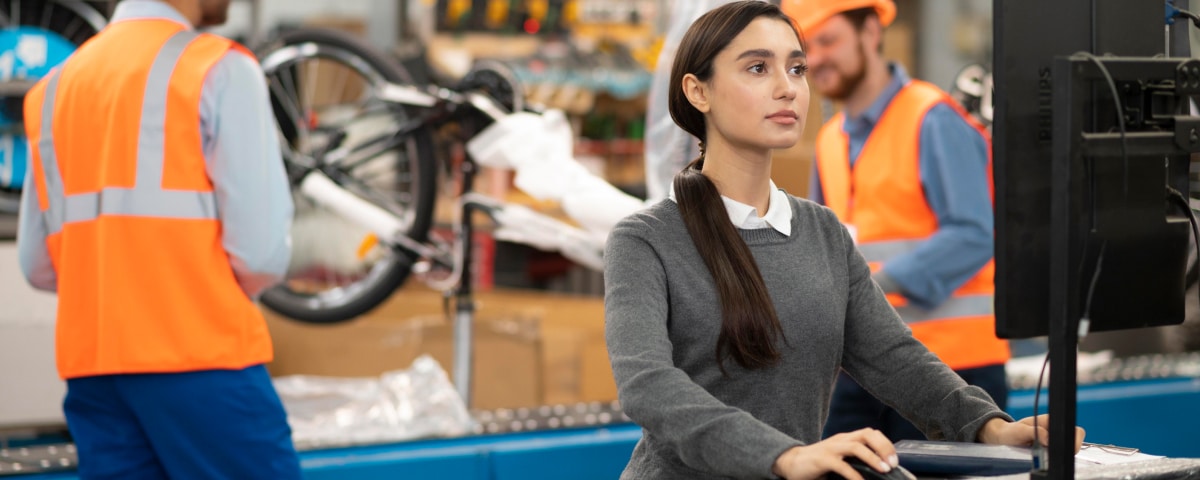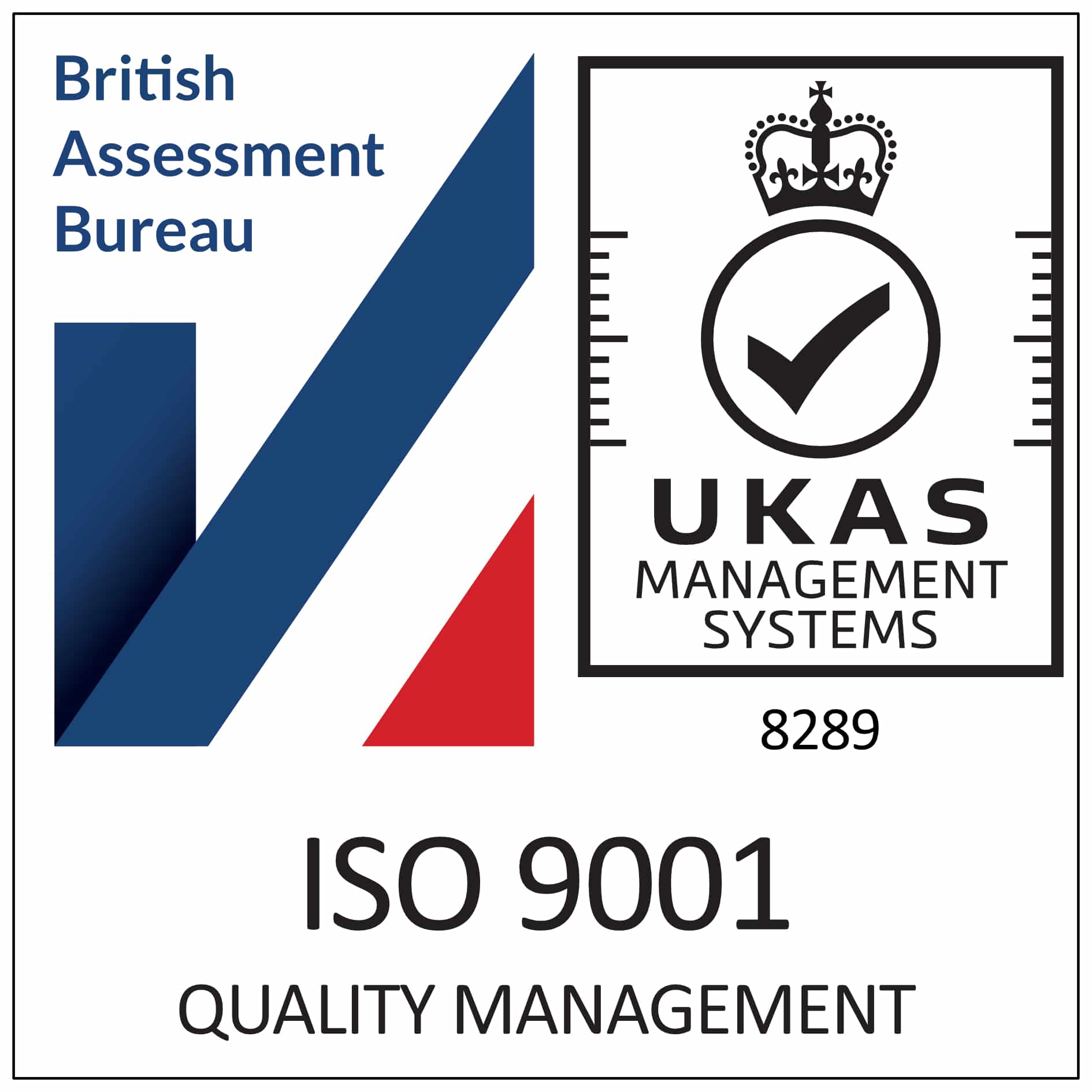Introduction:
The UK manufacturing industry is a vital component of the country’s economy, contributing significantly to employment and GDP. However, it faces numerous challenges that could impact its growth and competitiveness in the coming years. In 2024, the UK manufacturing sector is facing three significant challenges that will require immediate attention from policymakers and industry leaders.
For addressing these issues will require collaborative efforts from government agencies, educational institutions, and private organisations within the manufacturing sector.

Need For Skilled Workforce:
The UK manufacturing sector is facing a significant challenge in the form of a shortage of skilled workers. The need for a skilled workforce has never been more vital, and it is crucial that we address this challenge if we want to maintain our position as a leading global manufacturing hub.
A contributory factor for this shortage is the lack of emphasis on vocational education in schools. There has been an over-emphasis on academic education, which has resulted in fewer students choosing technical subjects such as engineering and manufacturing. This has created a technical skills gap.
Another issue contributing to this problem is the negative perception of the industry among young people. Many still view manufacturing jobs as dirty and low paying, which discourages them from pursuing careers in this field. It is essential that we change this perception by highlighting the many benefits that come with working in modern-day manufacturing.
To address this challenge, it is crucial that we invest heavily in vocational training and apprenticeships. By providing young people with hands-on training and work experience, they will develop practical skills that will make them more employable and help bridge the skills gap. Employers must also take an active role in promoting their industry by partnering with schools to provide work experience opportunities.
Addressing the need for a skilled workforce must be at the forefront of any strategy aimed at tackling challenges facing UK’s manufacturing sector. We must invest heavily in vocational education and training programs while embracing new technologies to ensure our industry. remains competitive on a global scale. Failure to do so risks losing our position as one of Europe’s leading industrial powerhouses, something which would have far-reaching consequences for both our economy and society.
International Competition and Trade Agreements:
International competition and trade agreements pose one of the biggest challenges facing the UK manufacturing sector in 2024. The industry must compete with other countries that have lower production costs, higher productivity levels, and better access to raw materials.
In addition, trade agreements between countries can either provide a level playing field or create barriers to entry for UK manufacturers. One significant challenge is the uncertainty surrounding Brexit and its impact on the UK’s ability to trade with other countries. Leaving the EU means that the UK will need to negotiate new trade deals with other nations, which could take years to finalise. This delay could lead to lost opportunities for UK manufacturers as they struggle to maintain their market share against competitors from other countries.
Finally, environmental regulations can also affect international competition in the manufacturing sector. As more countries adopt stricter environmental standards, companies that fail to comply may face penalties or lose their license to operate in certain regions. The cost of compliance can be high, making it difficult for smaller companies without sufficient resources. International competition and changing trade agreements pose significant challenges for UK manufacturers in 2024.
To remain competitive globally, businesses must adapt quickly by investing in technology and innovation while ensuring they comply with regulatory requirements both domestically and abroad.
Rising Cost of Raw Materials:
The rising cost of raw materials poses a significant challenge to the UK manufacturing sector in 2024. The prices of essential raw materials like steel, aluminium, copper, and plastics have been on a steady increase in recent years. This trend is primarily due to the global supply chain disruptions caused by the COVID-19 pandemic and increasing demand from emerging economies like China and India.
The UK manufacturing sector heavily relies on imported raw materials, making it susceptible to price fluctuations in the global market. The high cost of raw materials has resulted in increased production costs for manufacturers, leading to reduced profit margins or increased prices for consumers. This situation is particularly challenging for small and medium-sized enterprises with limited financial resources.
To mitigate this challenge, manufacturers must adopt innovative solutions such as using alternative raw materials or developing more efficient production processes that reduce waste and optimise resource utilisation. They can also explore local sourcing options or negotiate long-term contracts with suppliers to guarantee stable prices.
However, these solutions may not be feasible for all manufacturers due to their unique production requirements and constraints. Therefore, policymakers should also play a vital role in addressing this challenge by creating an enabling environment that supports local production of essential raw materials through investment in research and development initiatives aimed at improving domestic supply chains.
Conclusion:

To tackle the skills shortage manufacturers must invest in training programs and apprenticeships to upskill their employees. Additionally, they should leverage technology to automate processes where possible and adopt flexible working arrangements such as remote work to attract a wider pool of talent.
Regarding rising costs of raw materials, UK manufacturers must prioritise sustainability by reducing waste and exploring alternative materials. They should also seek partnerships with suppliers who offer competitive prices without compromising on quality.
International competition is another challenge that cannot be ignored, as it has a profound impact on the UK manufacturing industry’s growth. The UK must continue negotiating favourable trade agreements with other countries while ensuring that its domestic policies support local manufacturers. This will create a level playing field for all businesses operating within the country.
In conclusion, these challenges may seem daunting; however, with effective strategies implemented by both manufacturers and government officials alike, they can be overcome. The future of UK manufacturing is bright if we take proactive steps today towards a more innovative, sustainable industry tomorrow.




